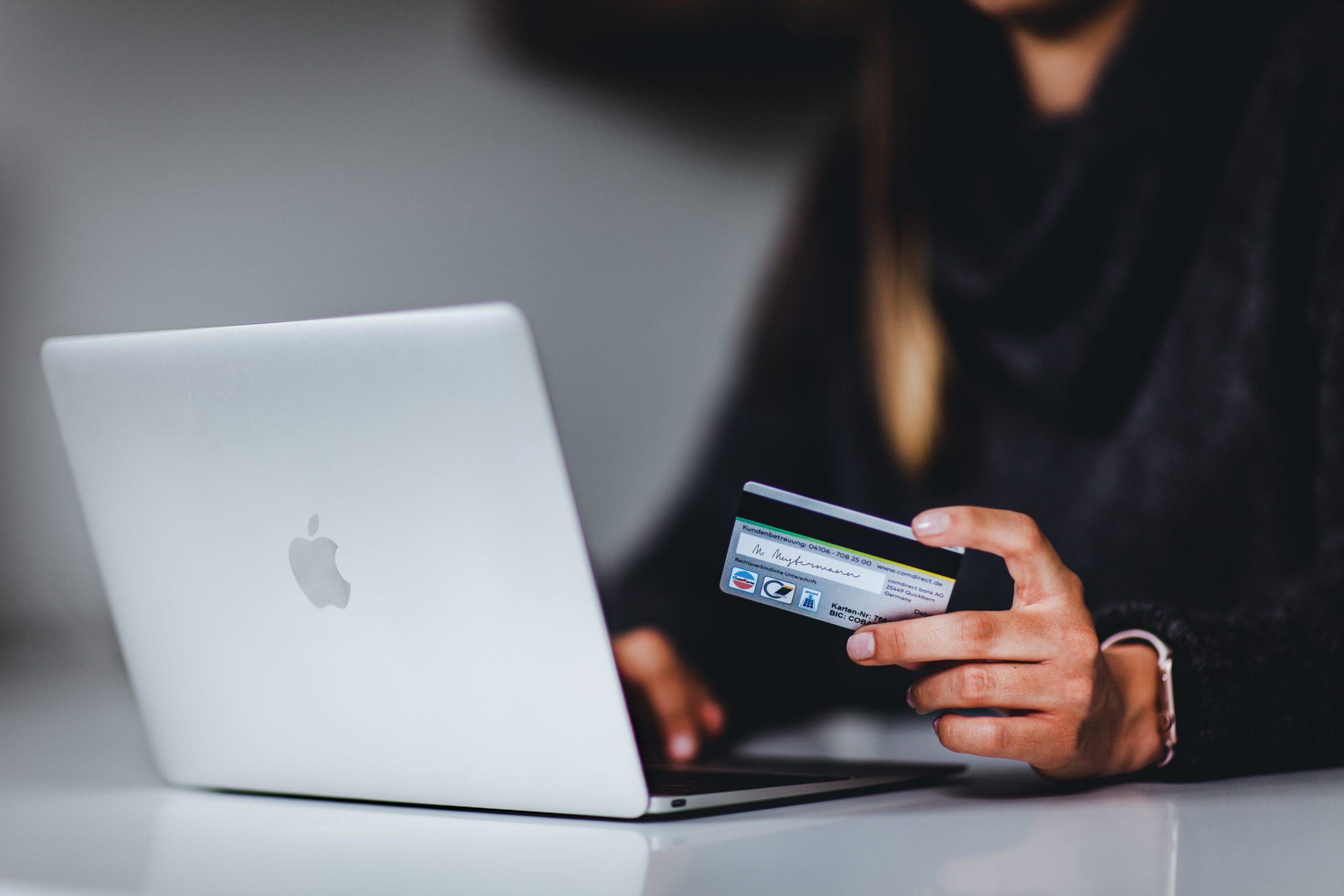With almost no limit to what we can do online, most of us spend an obscene amount of time surfing the world wide web. Whether it is shopping, studying, social networking, or job hunting, more and more people are conducting their affairs via the internet. It is super convenient, after all. But with our increased use of the internet, we also open ourselves up to countless threats and pitfalls. If we want to stay safe online, we need to not only be mindful of these risks but also learn how to avoid them.
The Shift – Facebook Cambridge Analytica
Despite the internet having practically raised the newer generation, it seems many of us had been passively scrolling the net, completely unaware of the many dangers lurking just around the corner for years. With no apparent care for our digital privacy nor online safety. At least until the Facebook Data Privacy scandal of 2018-2019 abruptly opened our eyes. About a decade’s worth of indifference for data privacy at Facebook culminated in many users realizing not just how careless social media platforms could be with their data, but also just how intrusive digital marketing had become.
We’re being watched…?
This sparked necessary discussions of how best to protect ourselves online, creating a crucial shift in the way we view the online spaces we utilize for work, school, and leisure. We went from unwittingly revealing information that should’ve remained private to growing rather confused (and sometimes even suspicious) of the widespread data collection. Our still increasingly digital lives do contain a so-called “trade-off” of sorts as we often must give up our personal information in exchange for certain goods and services. But many fear that this development may mean that both their offline and online activities are being tracked.
The Many Dangers of The Internet
And this is all in addition to other well-known risk factors such as phishing scams, malware, identity theft, catfishing, etc. The internet is an incredibly dangerous place. Sure, those of us born in the late ’90s, ‘00s, and ‘10s were repeatedly told to be careful online and to avoid giving out our private information (mostly to avoid the creepy cyber predators purposefully entering spaces meant for kids). But the collection of private data is a much more covert operation today. A lot of the apps we use, of course, ask for permission before collecting specific data, but studies have also proved just how many android apps bypass permissions and gather information to track us.
The High Value of Data… And How To Protect It
Long story short, data has a high value on the internet. Whenever we download a new android or ios app, visit a different website or use social media platforms, chances are that various companies are collecting data on us. So-called “data brokers” (companies devoted to data collection) can now collect and maintain data on millions of people, which they analyze, and later package and sell without the individual user’s knowledge nor permission. Even though such companies usually anonymize this data, the risk of someone stealing your personal information and leaking it online isn’t unheard of. This is why we must work to protect our privacy. The following tips might be useful:
- Secure your passwords.
- Be conscious of privacy settings.
- Invest in reliable security for all of your devices.
- Secure your home network.
- Back up your data.
- Delete unused apps/programs.



